In the period of 2021 - 2025, Tram Tau commune was allocated more than 14 billion VND to implement the Sustainable Agricultural and Forestry Production Development Project. To date, over 8.1 billion VND has been disbursed, reaching more than 56% of the plan. This capital is used to support plant and animal varieties, build production models associated with value chains, encourage people to apply new farming techniques...
The target program has created an important driving force to help people have more conditions to develop the economy . From small-scale production and self-sufficiency, many households have now boldly invested in livestock, cultivation, and product consumption linkages. This is a sustainable direction, suitable for local conditions.
Previously, not only Hang Gang village but also most other villages in the commune only cultivated one crop of summer-autumn rice and upland rice. In the winter-spring crop, the fields were almost left fallow due to lack of water, so the lack of food was always a concern of the commune Party Committee and government.
From the orientation of converting crop structure, in 2021, with the support of professional sectors, commune and village leaders focused on mobilizing people to convert upland rice area to grow taro. From the initial 10 hectares, up to now, Hang Gang village has developed nearly 30 hectares of taro, with an average yield of 140 quintals/ha.
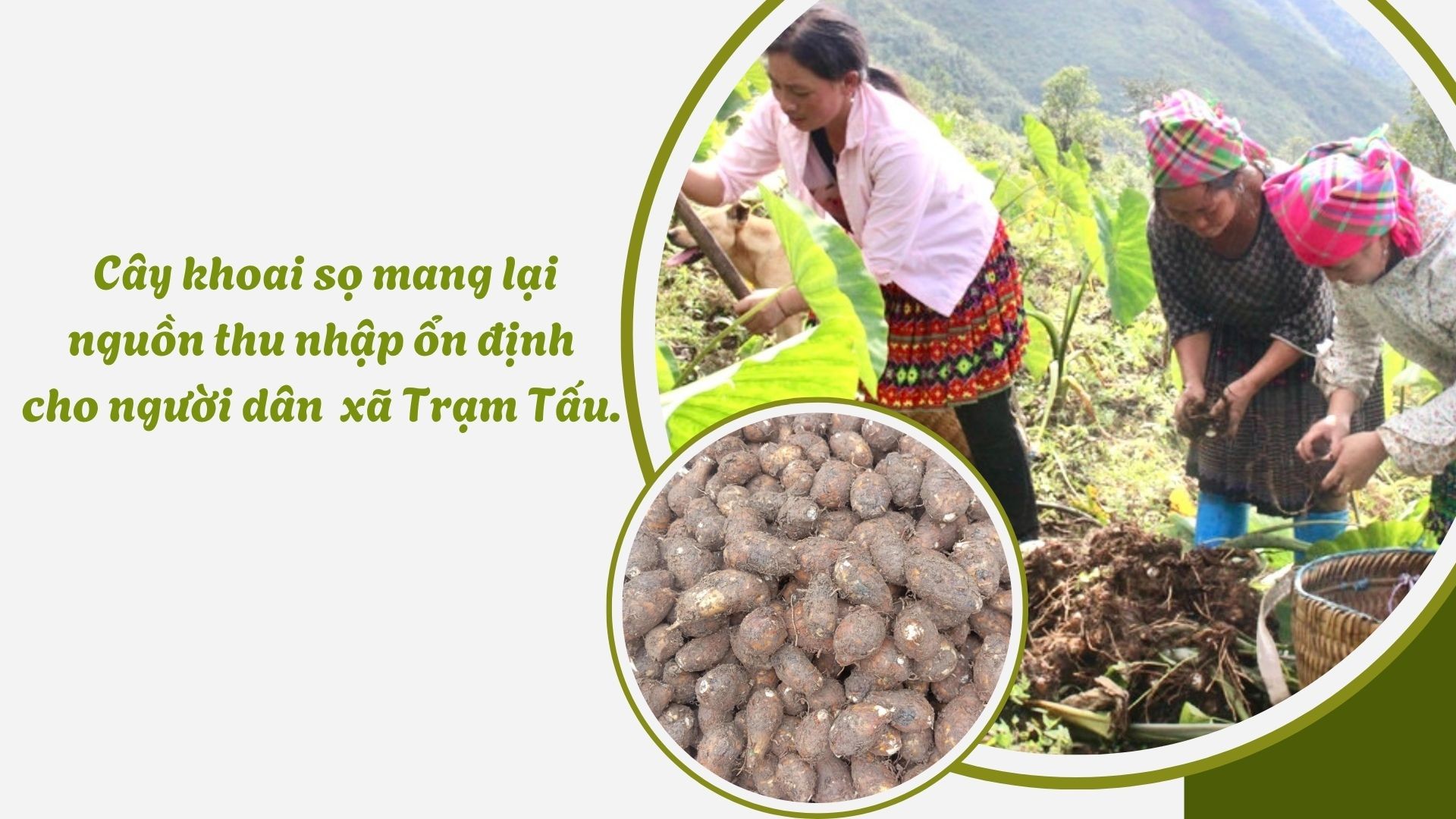
Mr. Mua A Pao, Hang Gang village, excitedly said: At first, when I saw the commune officials promoting the planting of taro, I was also afraid, not knowing if it was good or not. But after 1 year of planting, I found it easy to grow, not picky about soil, higher yield than corn and rice, and easy to sell. After that, I converted nearly 1 hectare of upland rice to grow taro. Up to now, after deducting expenses, I earn nearly 100 million VND each year.
In 2020, Mr. Sung A Lau, Cang Dong village, and two households in the village boldly borrowed capital from the Social Policy Bank to buy breeding goats and establish a goat raising cooperative.
Accordingly, from the initial 19 goats, up to now, 3 members always maintain a herd of about 50 goats; each member sells about 10 meat goats a year, bringing a significant income to the family. Small-scale farming has gradually shifted to commercial farming.
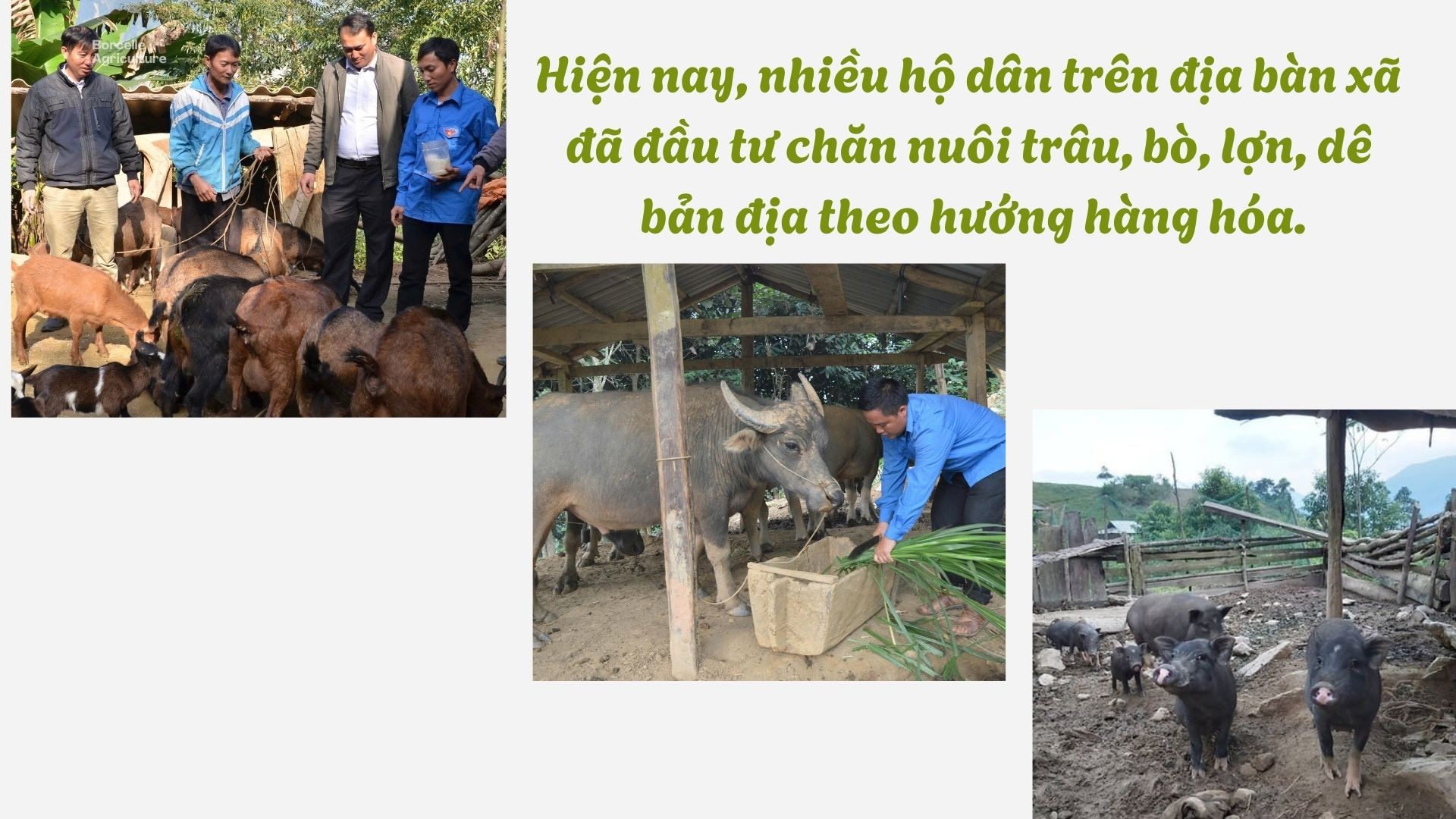
Mr. Sung A Long - one of the three members of the cooperative said: "Before joining the cooperative, my goats often got sick so their growth and development were slow.
Since joining the goat farming cooperative, I have been able to learn, exchange and share experiences, so my family's goat herd has grown and developed steadily. The goat meat is of good quality, so the number of goats sold has also increased, helping my family's life to be less difficult compared to previous years."
Thanks to the support capital, many households have invested in raising buffalo, cows, pigs and goats for commercial purposes. Some households have boldly expanded the area of cinnamon and purple cardamom cultivation, initially bringing in stable income.
These models not only help increase income, but also encourage people to change outdated production practices and gradually approach new business methods.
From effective models, Tram Tau commune is replicating and encouraging households to join cooperatives and cooperatives to produce concentratedly, linked with product consumption. This is considered a sustainable solution to both improve people's lives and create momentum for local socio-economic development.
In addition to the achieved results, the implementation of production development in Tram Tau still faces many difficulties. Steep mountainous terrain and harsh climate make farming and transporting agricultural products difficult. Old farming practices are still popular, and the level of intensive farming is not high.
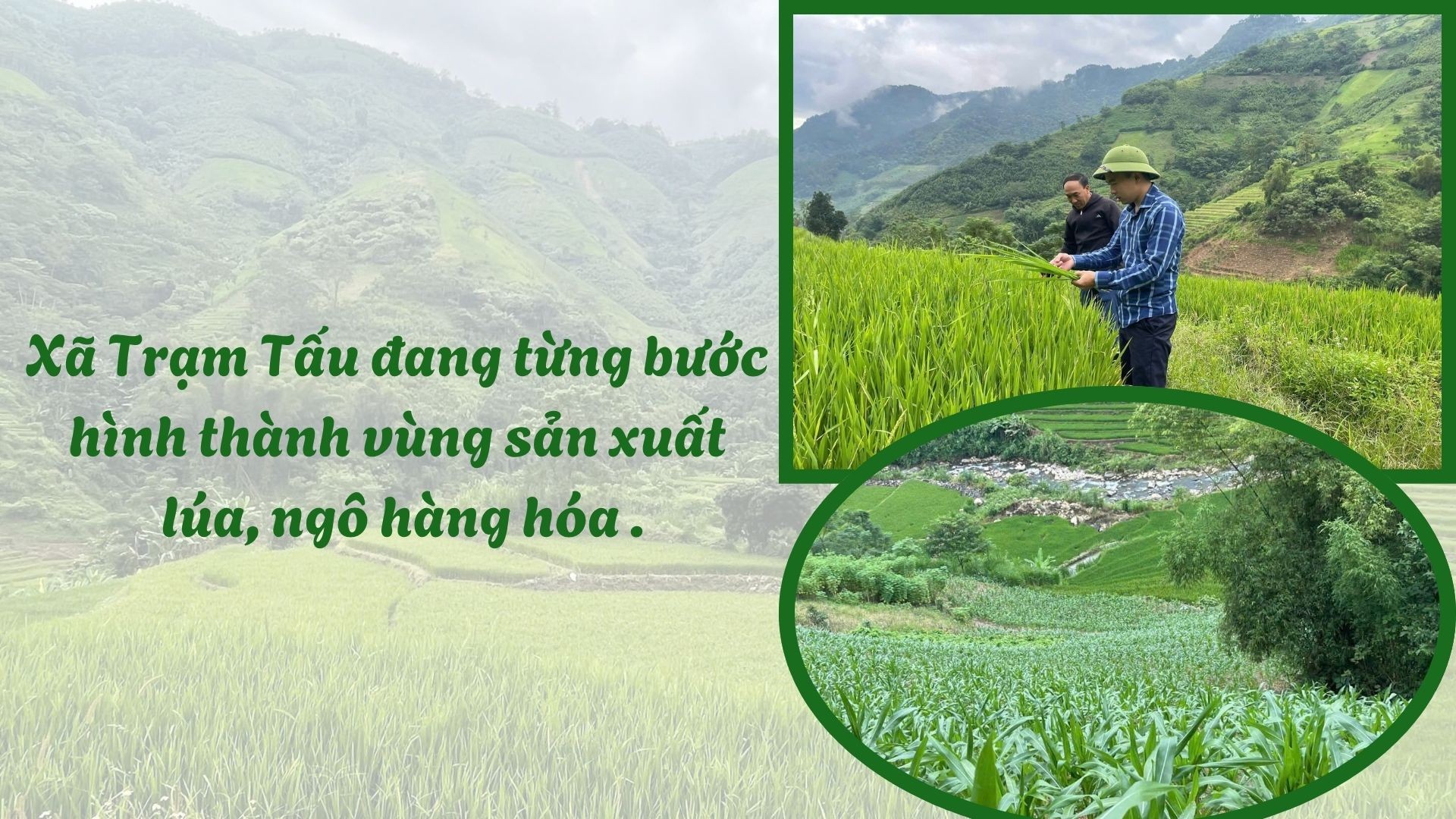
In the coming time, Tram Tau commune will continue to promote propaganda and mobilize people to participate in production models, and at the same time mobilize support resources to expand the area of potential crops and livestock. The goal is to gradually form a commodity production area, increase income, and sustainably reduce poverty for the ethnic people here.
Despite many difficulties, from the initial results, it can be seen that the national target program is really bringing about changes in the Tram Tau highlands. Developing sustainable agricultural production is not only an immediate solution to poverty reduction, but also a long-term direction for ethnic people to escape poverty and build a stable life.
Source: https://baolaocai.vn/tram-tau-san-xuat-nong-nghiep-ben-vung-post884183.html


![[Photo] Ho Chi Minh City is brilliant with flags and flowers on the eve of the 1st Party Congress, term 2025-2030](https://vphoto.vietnam.vn/thumb/1200x675/vietnam/resource/IMAGE/2025/10/10/1760102923219_ndo_br_thiet-ke-chua-co-ten-43-png.webp)
![[Photo] Opening of the World Cultural Festival in Hanoi](https://vphoto.vietnam.vn/thumb/1200x675/vietnam/resource/IMAGE/2025/10/10/1760113426728_ndo_br_lehoi-khaimac-jpg.webp)


![[Photo] Unique Phu Gia horse hat weaving craft](https://vphoto.vietnam.vn/thumb/1200x675/vietnam/resource/IMAGE/2025/10/10/1760084018320_ndo_br_01-jpg.webp)



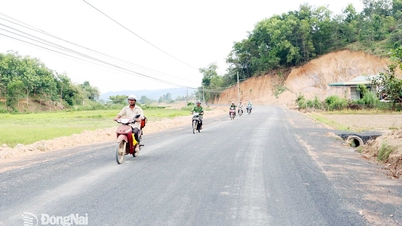



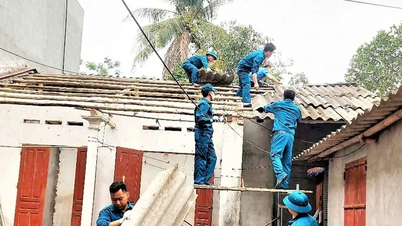

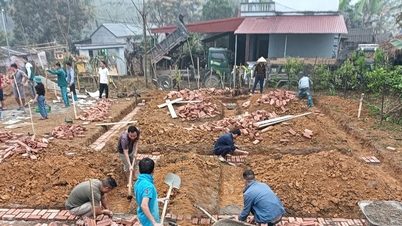
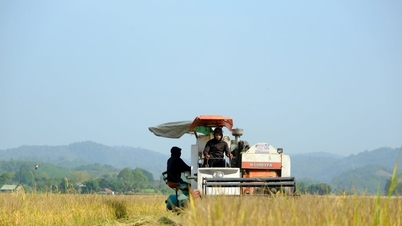

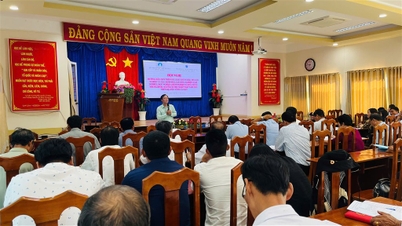

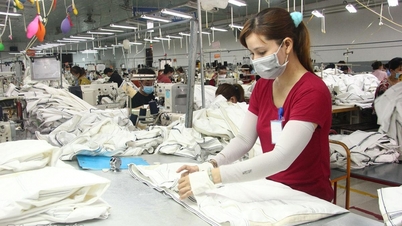



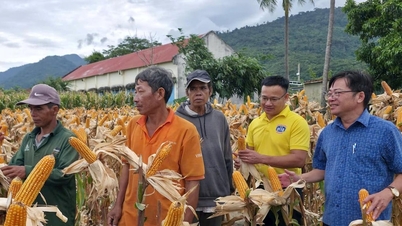
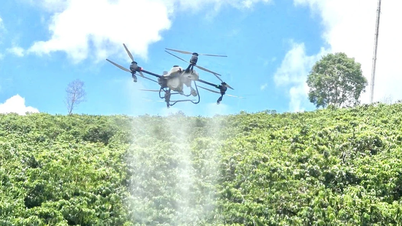









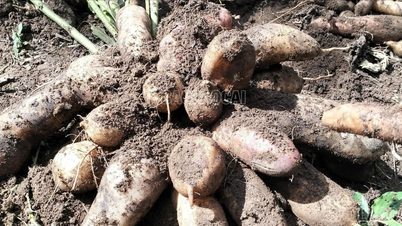


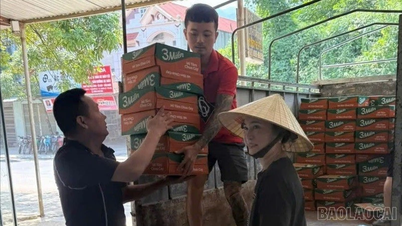






























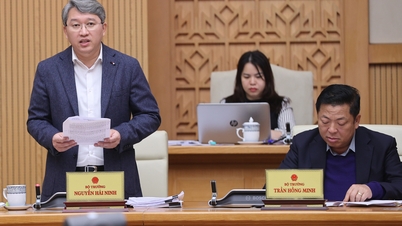
















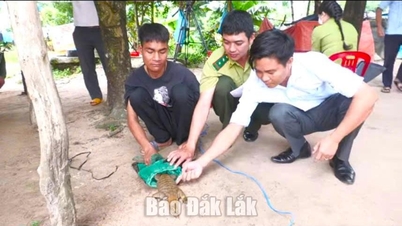
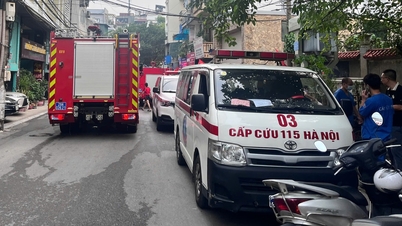
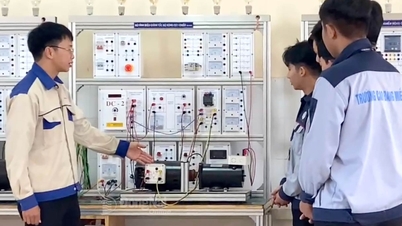
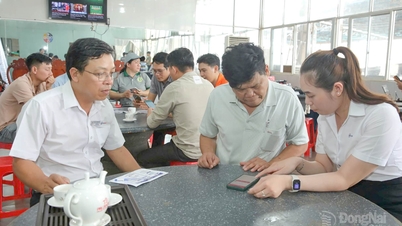
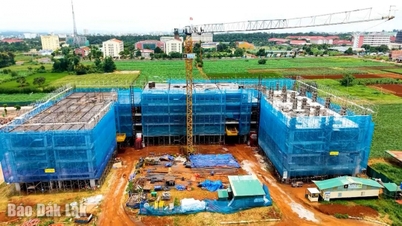
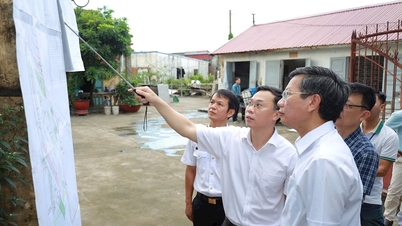











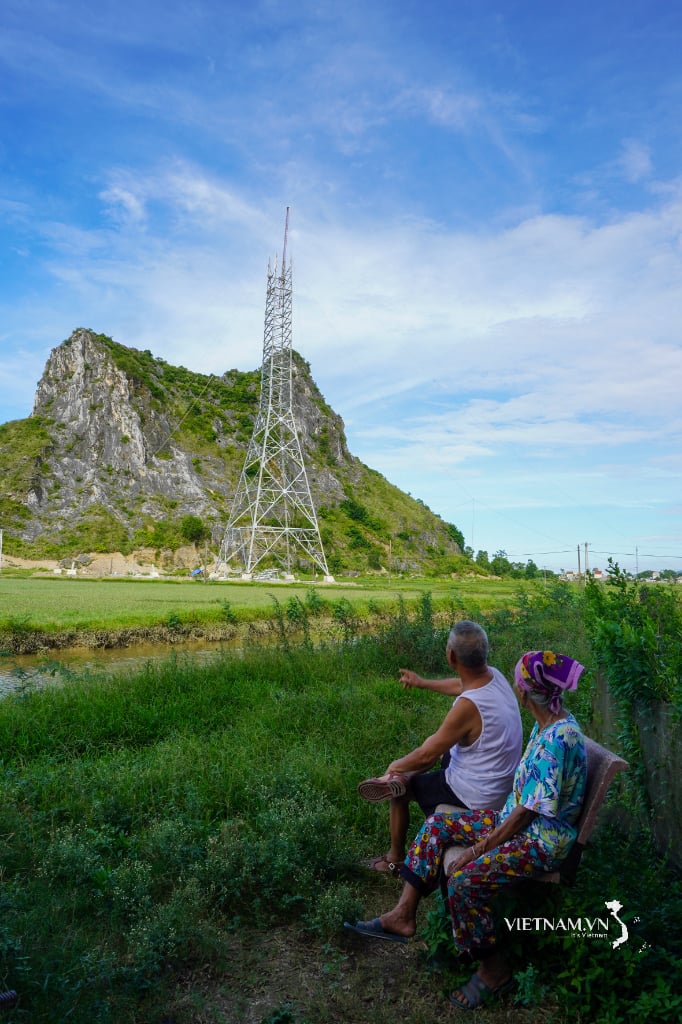


Comment (0)